Minstrel Songs and Medicine Shows
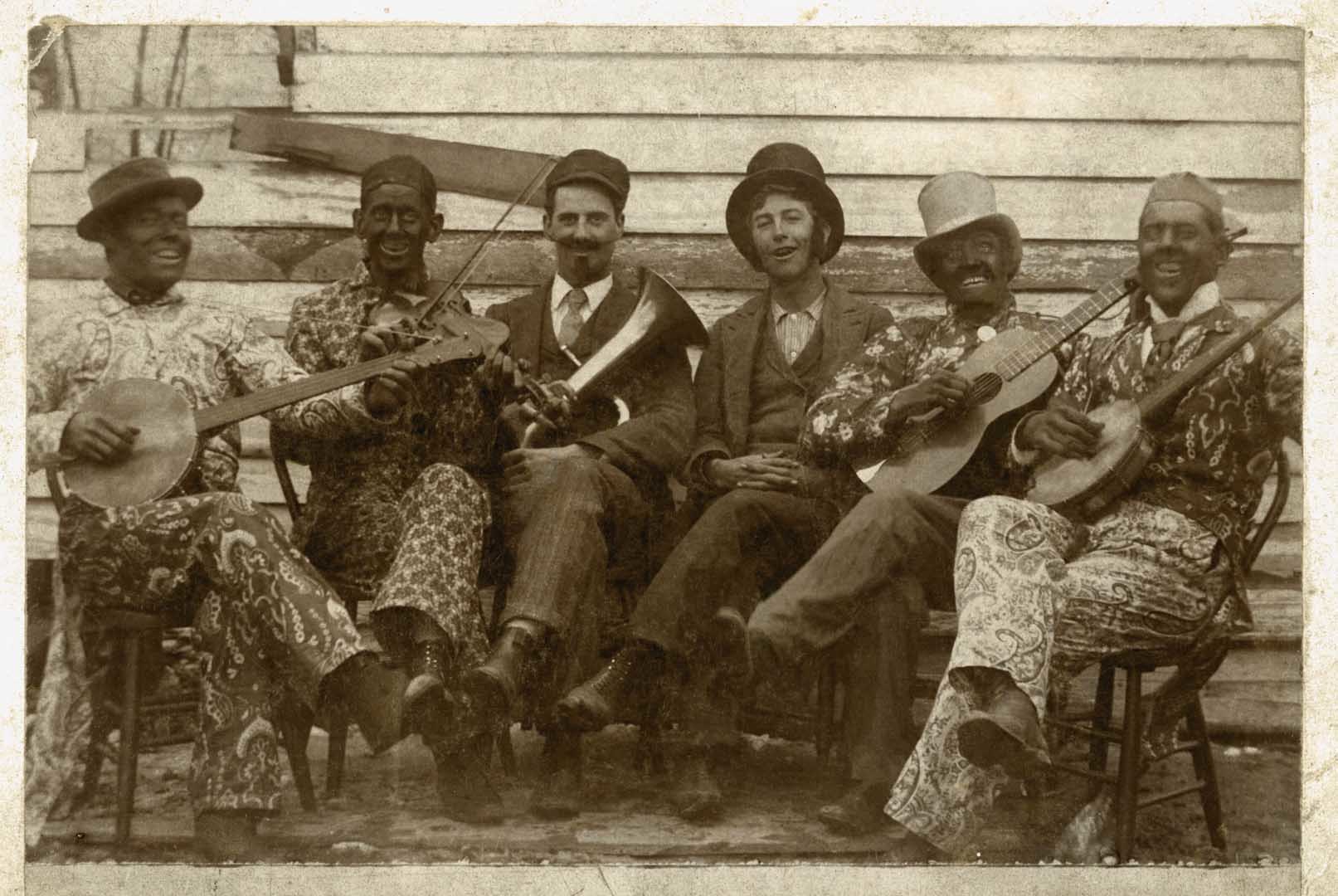
Long before phonographs and radio, traveling shows had crisscrossed the countryside, bringing theatrical performances that featured music between acts, written by professional songsmiths from the cities. These included songs from one of the principal ways songs traveled from town to town: itinerant minstrel shows – white professional musicians, dressed in blackface, who danced and performed songs that the audiences believed imitated African-American music and simultaneously sentimentalized life in the antebellum South.
Though he was a northerner who traveled only once below the Mason-Dixon line, Stephen Foster wrote many of those songs, as well: “Camptown Races,” “My Old Kentucky Home,” “Old Folks at Home.”
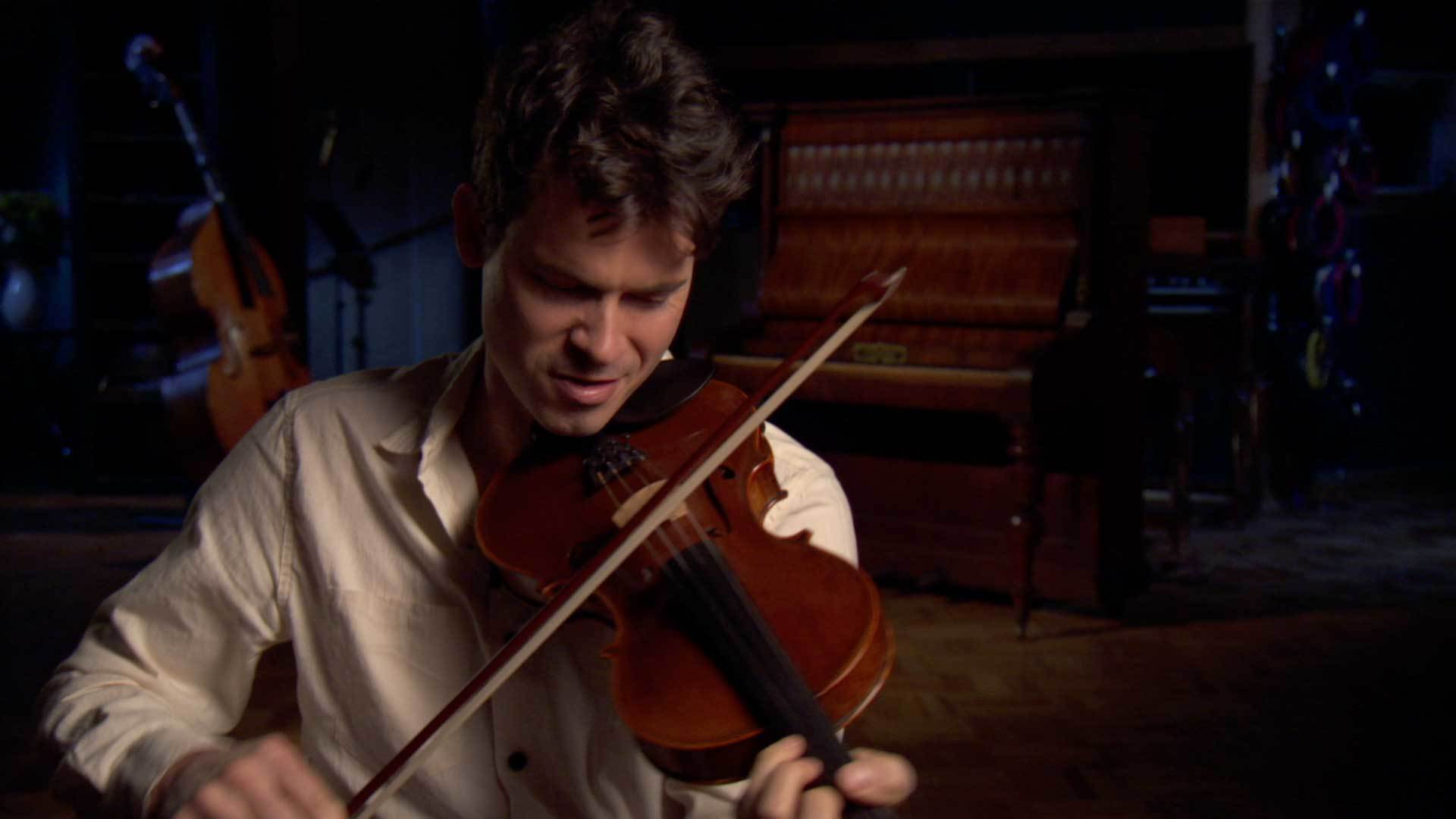
It’s a lot of nostalgia. In minstrelsy they sell this version of the American South like “darkies praising their masters;” old Uncle Tom who wishes he was back home in the old South. – Ketch Secor
Ketch Secor, 2014.
Credit: Buddy Squires, ALL RIGHTS RESERVED
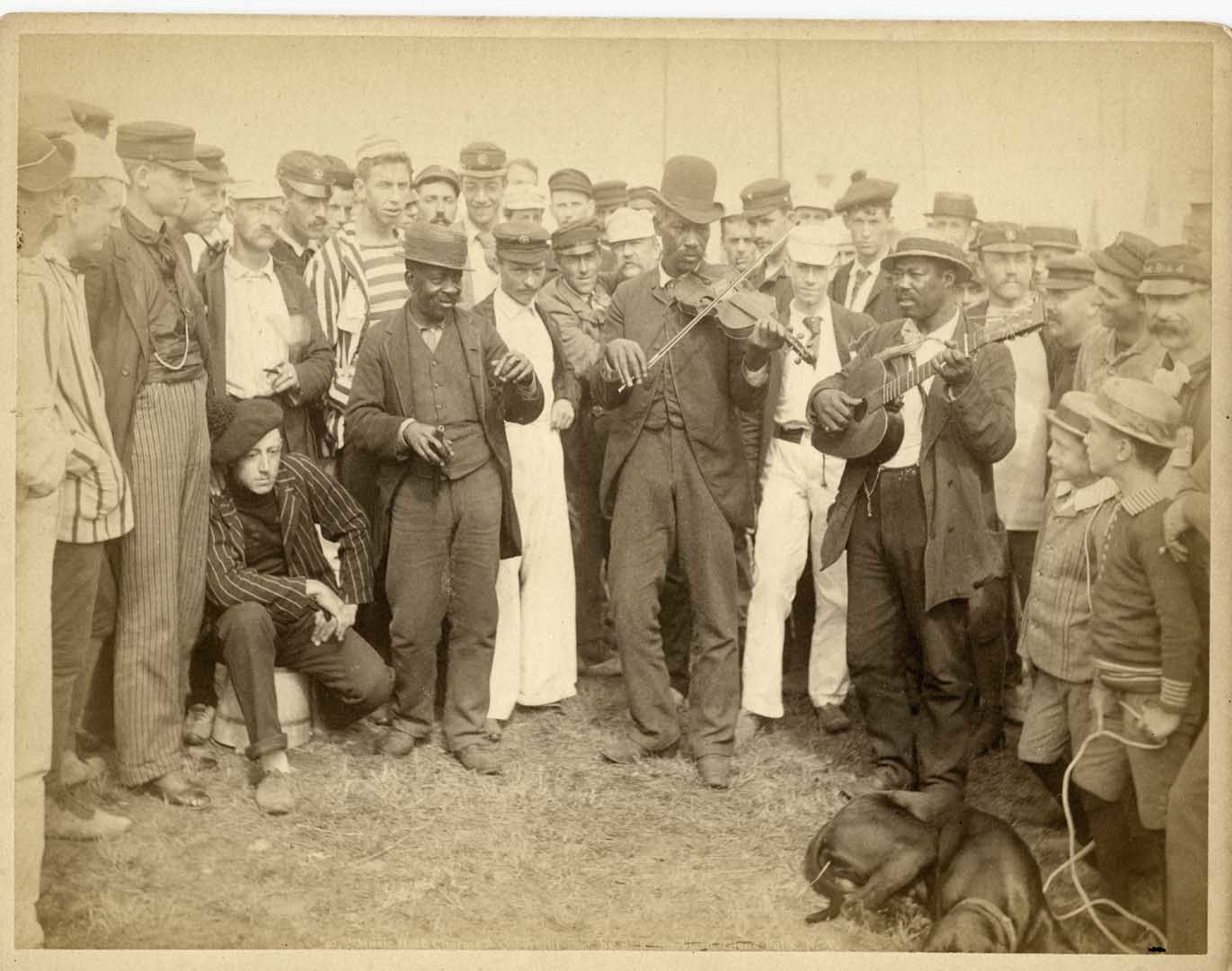
That’s always been so interesting to me: the fascination that white cultures, here, have had with black culture. On the one hand, it’s like the language that is used is so negative. On the other hand, there’s “But the music! But the dance! It’s so cool.” – Rhiannon Giddens
African American musicians entertain a crowd, c. 1910.
Credit: The Jim Bollman Collection, ALL RIGHTS RESERVED
Songs were also essential for traveling medicine shows, one of the oldest traditions of mixing music and commerce.
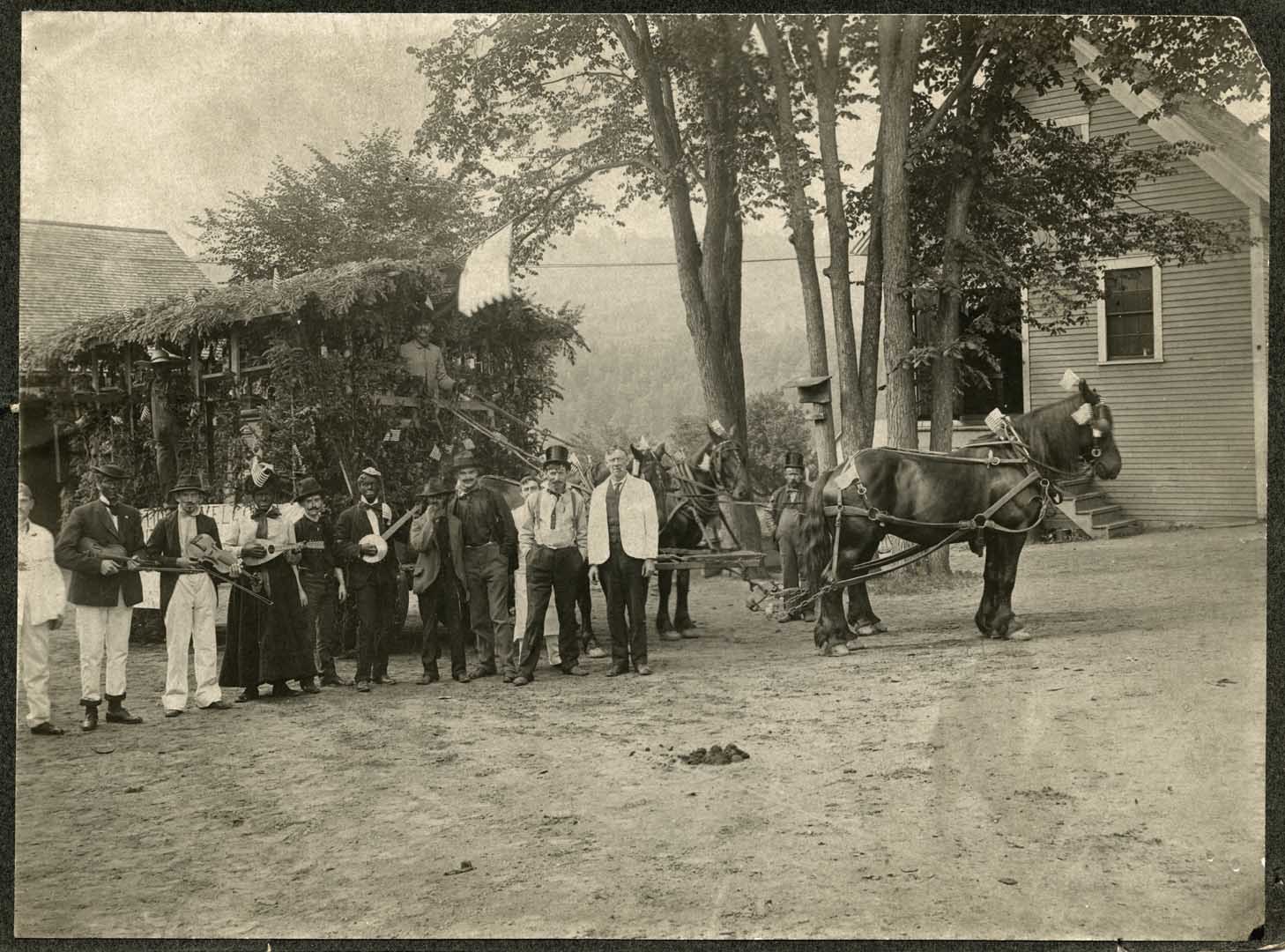
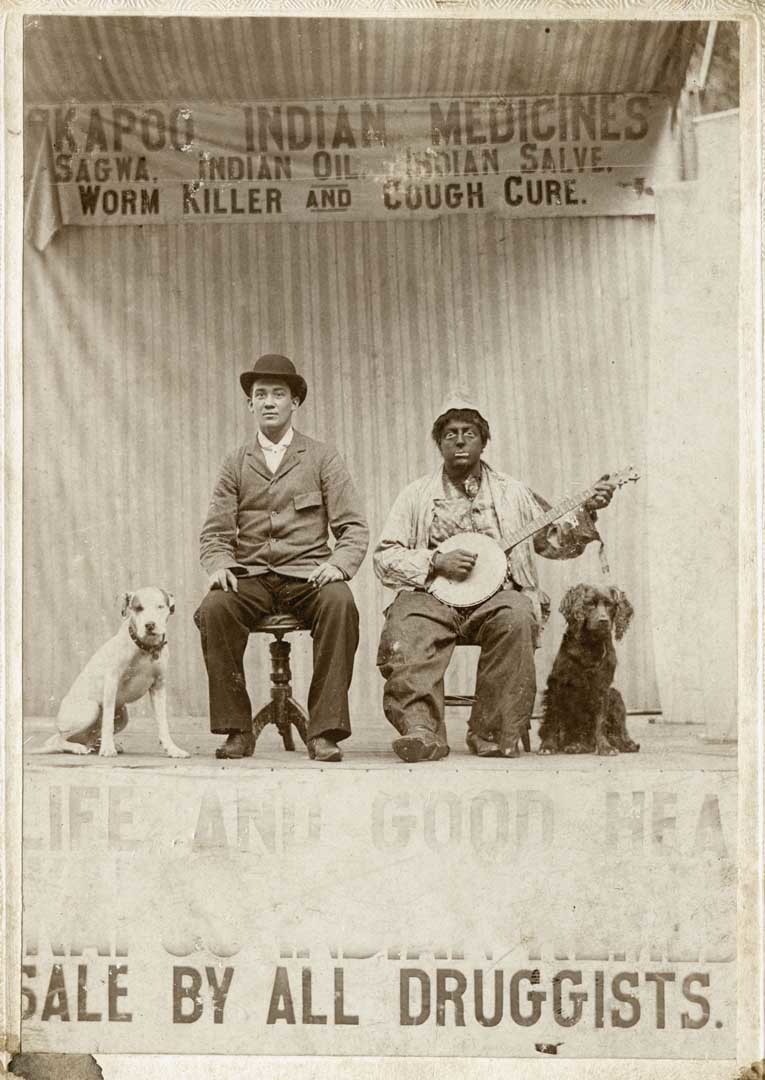
In a medicine show, you come into town; you set up in the town square; and you hawk an elixir. You’ve got this remedy and you pass out handbills and you take personal testimonials from paid dudes out there in the audience. And they tell you about how wonderful they feel, how their dropsy went away and, and how their sores and festering wounds have healed because of this corn whisky, this snake oil. So, you’ve got your product. And music is only there to push your product. Music is the soapbox you stand on; it’s all about the message. – Ketch Secor

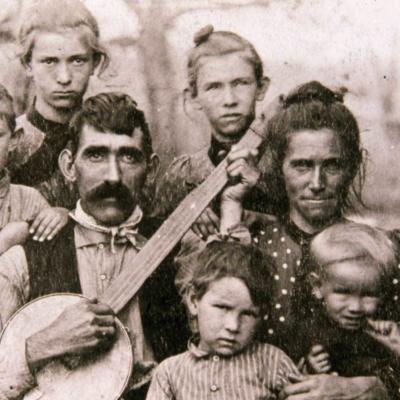 The Roots of Country Music
The Roots of Country Music
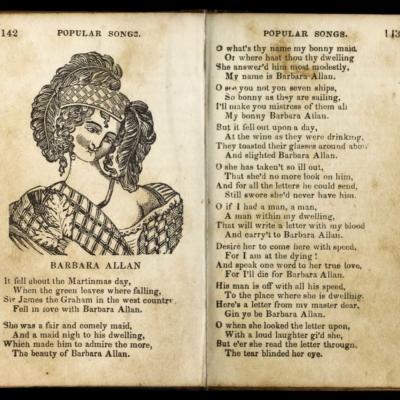 Ballads
Ballads
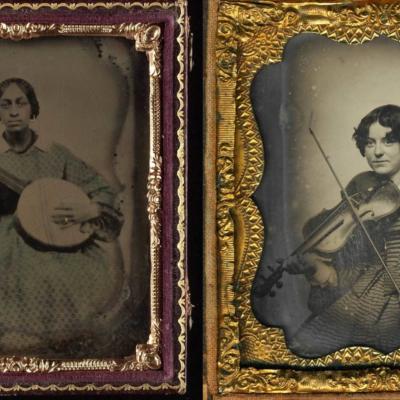 Fiddle and Banjo Tunes and Dance Music
Fiddle and Banjo Tunes and Dance Music
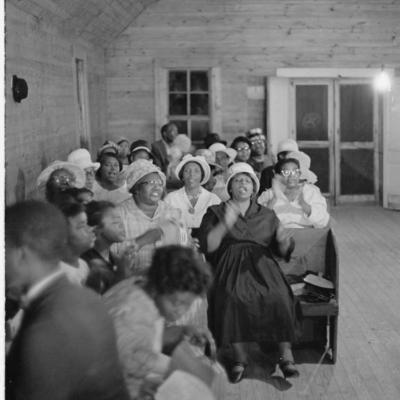 Church Music
Church Music
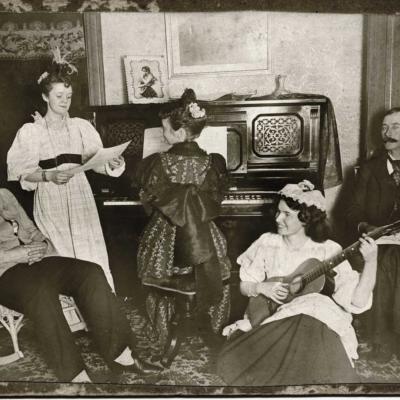 Parlor Songs
Parlor Songs
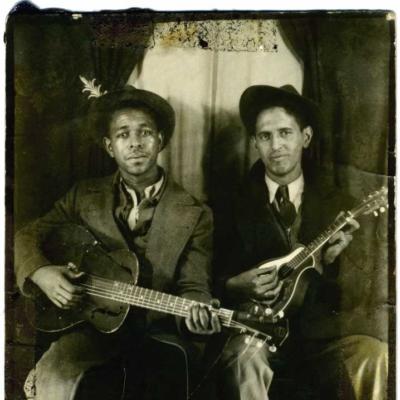 The Blues
The Blues